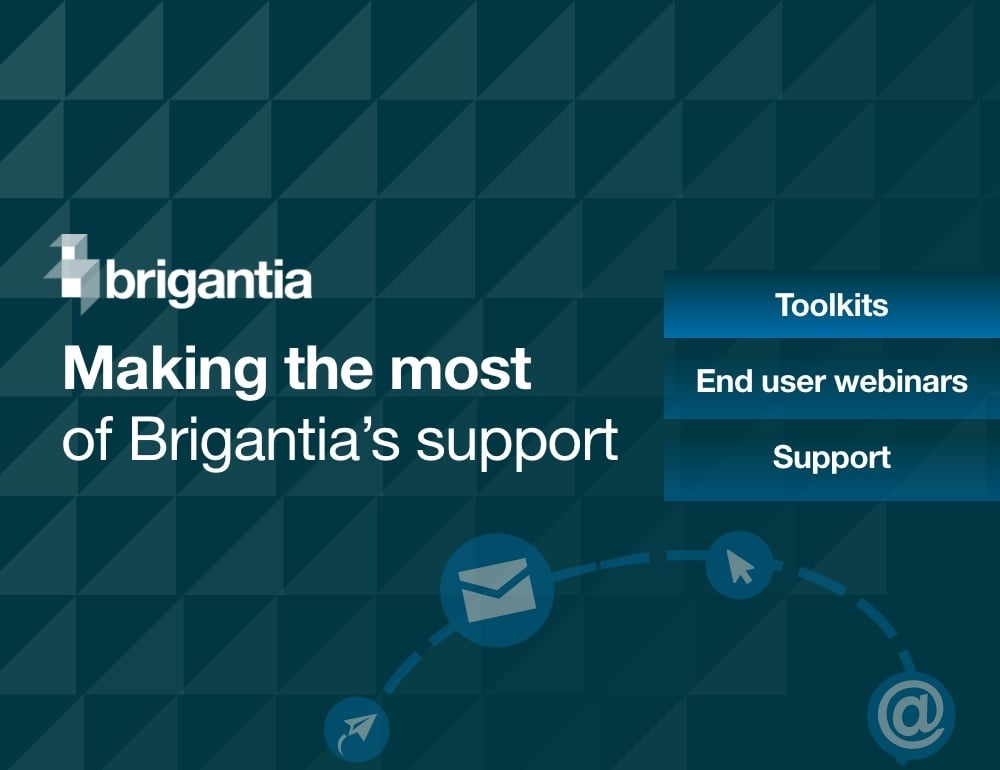We are all familiar with the term “smart” as in smart watch, smart access, etc; consider the term “cognitive” to be the next logical step after “smart”. The difference is that smart systems / devices perform functions such as tracking, recording and communicating, whereas cognitive systems / devices can process this data to establish relevance, consider actions and anticipate next steps / events.
The term cognitive is often used in the context of advanced computing systems and artificial intelligence. It refers to the technological and computational frameworks that enable machines to perform tasks requiring human-like cognition. These tasks include learning, reasoning, problem-solving, perception, and language comprehension. As these systems become more integrated into various sectors, their vulnerability to cybercrime becomes a significant concern.
- Complexity and Interconnectivity: Cognitive systems are often highly complex and interconnected with other digital systems. This complexity can create multiple potential points of vulnerability. Cybercriminals can exploit these vulnerabilities to gain unauthorised access or disrupt operations.
- Data-Driven Nature:
Cognitive systems rely heavily on data for learning and decision-making. This reliance makes them targets for data breaches, where sensitive information can be stolen or manipulated.
Data poisoning, where bad actors feed false data to the system, can also be a significant threat, leading to incorrect learning and decision-making. This is also seen in instances where AI develops biases, such as the infamous Amason hiring algorithm which “noticed” that most successful applicants in the past had been male and so decided that being female was an undesirable trait in an applicant. - AI and Machine Learning Vulnerabilities: AI and machine learning models, central to cognitive systems, can be susceptible to specific attacks. For example, attacks involving subtly altered inputs that cause AI systems to make errors. These vulnerabilities can be exploited to mislead or manipulate system behaviour.
- Lack of Explainability: Many cognitive systems, especially those based on deep learning, are often described as "black boxes" because their decision-making processes are not fully transparent. This lack of explainability can make it difficult to detect when a system has been compromised or is operating under the influence of a cyber-attacker.
- Dependence on Continuous Learning: Cognitive systems often require continuous learning and updating to remain effective. This need for constant updates can create opportunities for cybercriminals to introduce malicious code or data into the system.
- Regulatory and Ethical Challenges: The rapid development of cognitive technologies often outpaces the establishment of regulatory and ethical frameworks. This lag can lead to security gaps, as systems might not be fully prepared to handle sophisticated cyber threats.
- Human Factor: Despite the advanced nature of cognitive systems, the human factor remains a significant source of vulnerabilities. Phishing attacks, social engineering, and insider threats can provide cybercriminals with access to otherwise secure cognitive systems.
- Resource Intensive Security Measures: Ensuring the security of cognitive systems often requires significant resources, including advanced cybersecurity measures and continuous monitoring. Organisations may struggle to allocate sufficient resources, leaving systems vulnerable.
While cognitive systems offer tremendous benefits in terms of efficiency and capability, their vulnerability to cybercrime is a critical issue. The complexity of cognitive systems can make them very difficult to safeguard without stifling the “cognitive” element altogether. As technology advances, cybercrime keeps pace. Between the two, sits cybersecurity, which must stay up to date with both in order to succeed.







